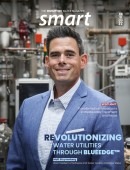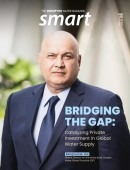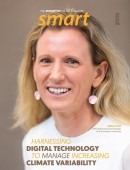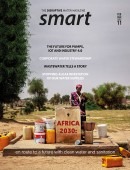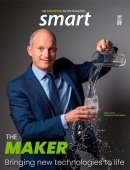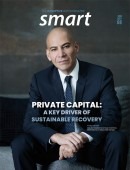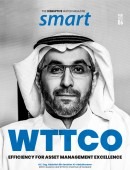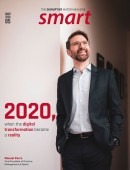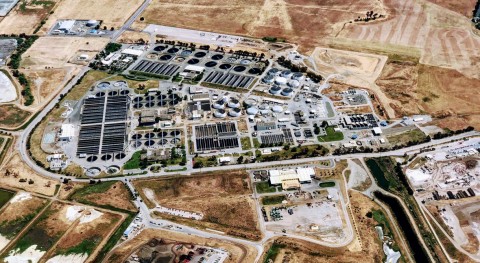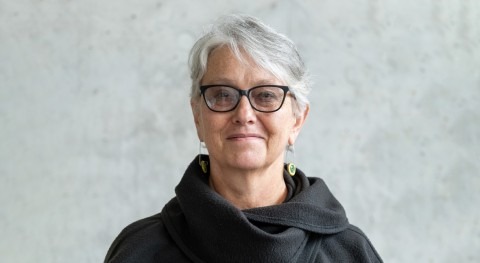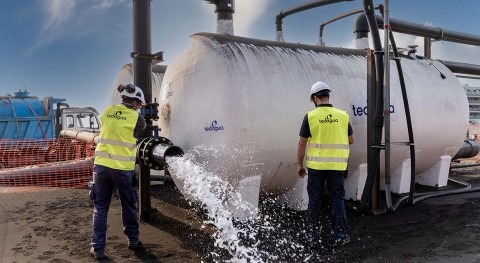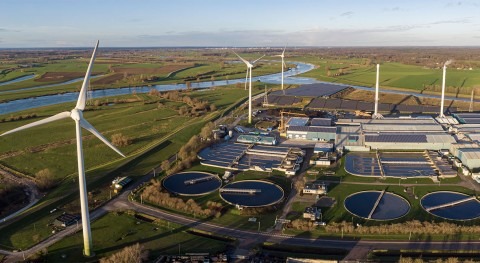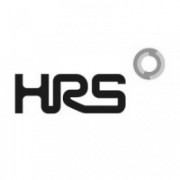Featured content
Content summary
We release the June issue of Smart Water Magazine Bimonthly. You might guess the futuristic city on our cover is Singapore, a model for integrated water management. You can read about some of the keys to their success in an interview with Dr Pang Chee Meng, Chief Engineering and Technology Officer of Singapore’s National Water Agency, PUB. In this issue we focus on water utilities and the many challenges they face as they adapt to a changing environment. Olivia Tempest takes a look at how escalating inflation is affecting U.S. water utilities’ planned infrastructure upgrades. We also interview a team of researchers who found cooperation between water utilities could benefit their water supply and financial needs. To increase their efficiency and do more with less, utilities are turning to digital technologies. In this regard, ACCIONA highlights the benefits of investing in smart water, while Envirosuite explores how it is possible to deliver both operational and environmental improvement. Another feature article by Bentley Systems looks at how leveraging digital solutions can help mitigate risks in water safety and sustainability. This issue also features all our usual sections: you will find more articles on different aspects of water treatment by HRS Heat Exchangers, SEKO and Tedagua, along with several opinions and interviews, such as with Barbara Schreiner, Executive Director of the Water Integrity Network, and Gavin van Tonder, Executive Director of Water at NEOM. Find this and a lot more in Smart Water Magazine Bimonthly 13.
Features
Envirosuite’s Chaim Kolominskas looks at using technology to deliver both operational and environmental improvements in water systems.
.jpg)
ACCIONA makes the case for investing in smart water cities to tackle the challenges facing the sector in the coming years.

In this case study SEKO describes their solution to help deal with de-icing wastewater at one of the world’s busiest airports.
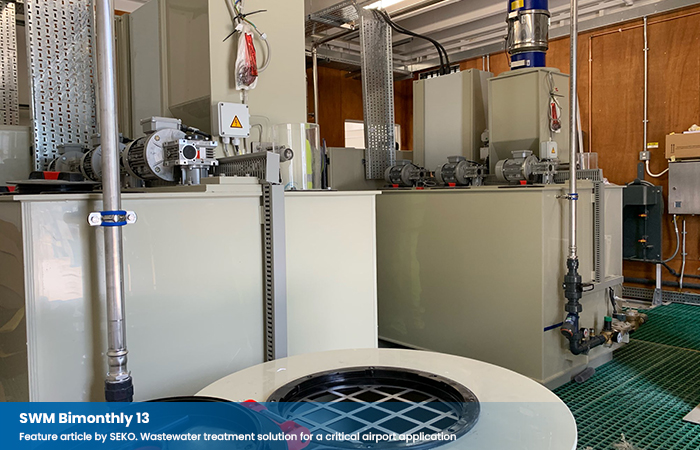
Innovative software and services by Bentley Systems connect the entire water cycle to optimise water infrastructure and mitigate risks.

1NCE presents its model for low power connectivity and adaptable software solutions for every type of smart metering project

Heat exchanger technology by HRS Heat Exchangers helps address efficiency challenges and maximise biogas production when turning sewage into energy.

As the Cumbre Vieja volcano raged, Tedagua worked against the clock to supply irrigation water and protect livelihoods in the island.
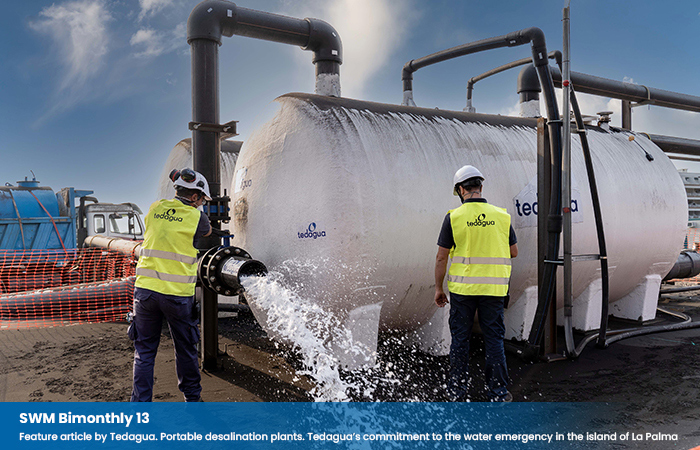
Inflation is taking its toll on U.S. water utilities, dampening plans to make necessary upgrades to their infrastructure.
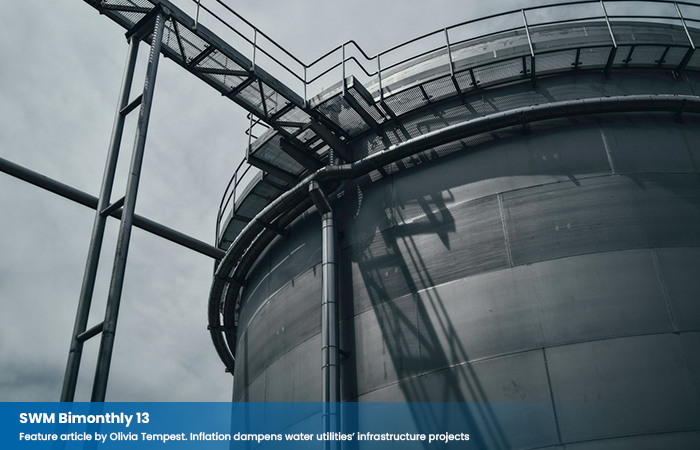
Interviews
David Gorelick & Gregory Characklis (University of North Carolina), David Gold & Patrick Reed (Cornell University)
- In a practical sense, we became interested in studying water utility cooperation because it is happening in our own backyard
- Since every investment a utility makes is reflected in the water bills we pay, it’s vital to understand what can make, or break, an agreement
- While cooperation was beneficial for the Research Triangle overall, partnering utilities must take care as to how cooperation is structured
- Infrastructure investments on the scale we’re studying cost hundreds of millions and are expected to provide reliable water for decades
- Though every region and water supply system is different, the modelling framework we developed can serve as a general template
- Anyone who drinks municipal water could benefit from this work – it helps identify best management practices in regional utility cooperation
%2C-David-Gold-%26-Patrick-Reed-(Cornell-University).jpg)
Gavin van Tonder, Executive Director of Water, NEOM
- The population explosion has made processing wastewater properly and efficiently the central issue in today's water industry
- We are focused on perfecting renewable energy desalination, accomplishing 100% wastewater capture through treatment, recycling and reuse
- Being ‘water positive’ as opposed to merely sustainable is about asking the world what processes we can use to be more efficient with water
- We are investigating pumped hydro, concentrated solar power, geothermal utilization, battery storage and green hydrogen utilization
- We will utilize renewable energy and commit to a maximum of 3% water losses to reduce whole infrastructure and operational costs
- NEOM will implement desalination alongside brine processing, generating revenue from the latter to offset the cost of water production
- Our initiatives have already driven change in the desalination market; global interest is now very high in brine processing
- Digital technology will be our eyes and ears in the field, allowing us to be responsive to issues and events when they occur
.jpg)
Dr Pang Chee Meng, Chief Engineering and Technology Officer, PUB
- We are the first in the world for wafer fabs operators to use NEWater to produce ultra-pure water for their wafer fab production
- Employing the latest technologies, Tuas Nexus will harness the synergies of the water-energy-waste nexus from used water and solid waste
- We are always on the lookout for innovative solutions that can make our water operations more effective and energy efficient
- PUB co-invests with organisations and opens up some facilities for real-world tests, isolated from the rest of its network for safety
- Digital technology has empowered our officers with the means to enhance water quality monitoring while improving productivity
- PUB offers funding and technical support to companies through its Water Efficiency Fund and Industrial Water Solutions Demonstration Fund
- We recognised that the key to a successful water reuse programme is the ability to gain public confidence and acceptance
- About 3.5 kWh/m3 of energy is expended to convert seawater to drinking water and we aim to reduce the energy required to 2 kWh/m3

Dr Grace Oluwasanya. Institute for Water, Environment and Health, United Nations University
- The water data gap in Africa is due to a lack of investment in data monitoring, infrastructure, and data-sharing at national levels
- This is an opportunity to deliberately target the collection of sex-disaggregated data for a water security assessment
- The poor state of water security in Africa is exacerbated with global changes like the pandemic, economic crisis, and climate change
- While progress in sanitation coverage increased by 3.3% in 2015-2020, the population in Africa grew by almost 11% over the same period
- A concern to water security is sprawling cities located in coastal areas, which are becoming more vulnerable to water-climate disasters
- Decentralized water systems are an effective service delivery expected to provide better access and bring services closer to the users
- We anticipate further engagement with regional and national actors to develop the overall approach and refine the assessment results
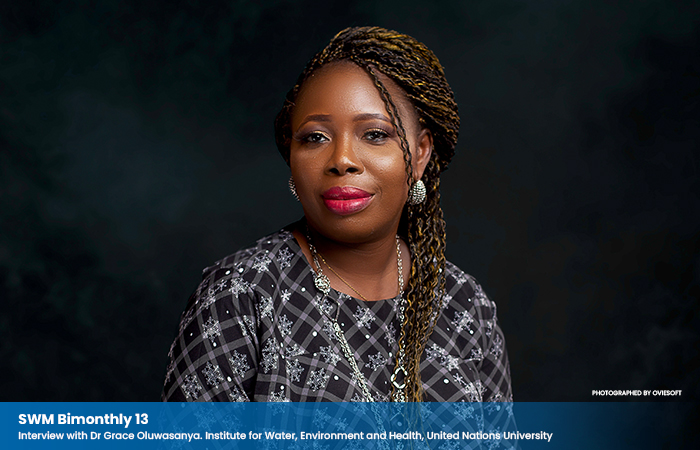
Barbara Schreiner, Executive Director of Water Integrity Network
- For a long time, water integrity was mostly used to refer to water quality. Corruption was a taboo and good governance was a catchphrase
- It’s no longer anomalous to see accountability mentioned, discussed and supported even if there is still a lot we can do
- We work with sector stakeholders to understand and mitigate practical integrity risks that affect their work at different levels
- Corruption and integrity failures happen everywhere; ultimately, they affect service quality, drain resources, and break down trust
- Water has many uses and values, meaning its governance is generally complex and dispersed across ministries, levels, or constituencies
- We support collaborative approaches that have multiple components for Transparency, Accountability, Participation, and Anti-corruption
- We’re now working with partners to better understand specific integrity risks for service delivery in informal settlements
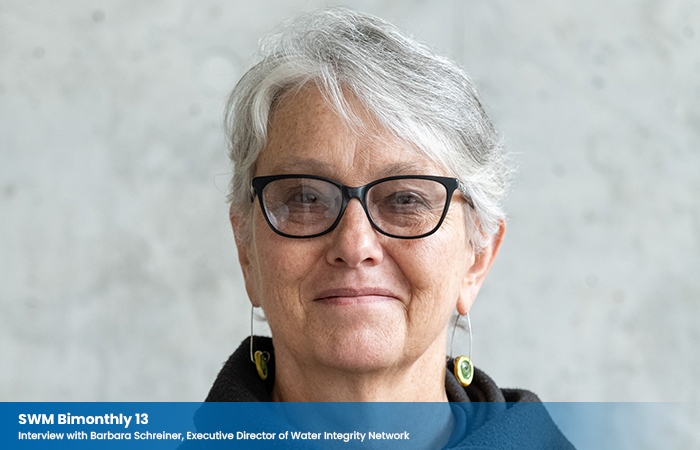
Eve Labalme, Senior Analyst, Policy and Insights at Economist Impact
- The idea for the Index came from a desire to use data-driven, actionable research to shift the global discourse on water scarcity
- There was no existing index that focused on the actions, investments, policies, and solutions available to cities right now
- A broad range of stakeholders across the water sector can leverage the index research and data to develop and refine water strategies
- We intend to update the index regularly so that cities can highlight key investments and policy changes and track their progress
- The research suggests that national income is not as important in the pursuit of water systems optimisation as one might assume
- One of the main areas for improvement we see is the need to ensure the long-term sustainability of urban water systems
- Reclaimed water is often considered a hard sell due to the so-called “yuck factor,” but survey data shows that the opposite is the case
- Despite the initial costs of reducing NRW, the efficiency gains make it an impactful way to improve the sustainability of water systems
Opinion articles
Tom Homan Free, National Sales Manager at Prominent Fluid Controls SA
Michael Natschke, Director Business Development, Central & North Europe at Xylem
Amy Dorman, Assistant Director, Pure Water Program. City of San Diego Public Utilities Department
Cindy Wallis-Lage & Zeynep Erdal, Executive Director of Sustainability and Resilience - Director of Integrated Solutions and Capabilities at Black & Veatch
Alex Mung. Head of Water and Environmental Resilience, World Economic Forum


